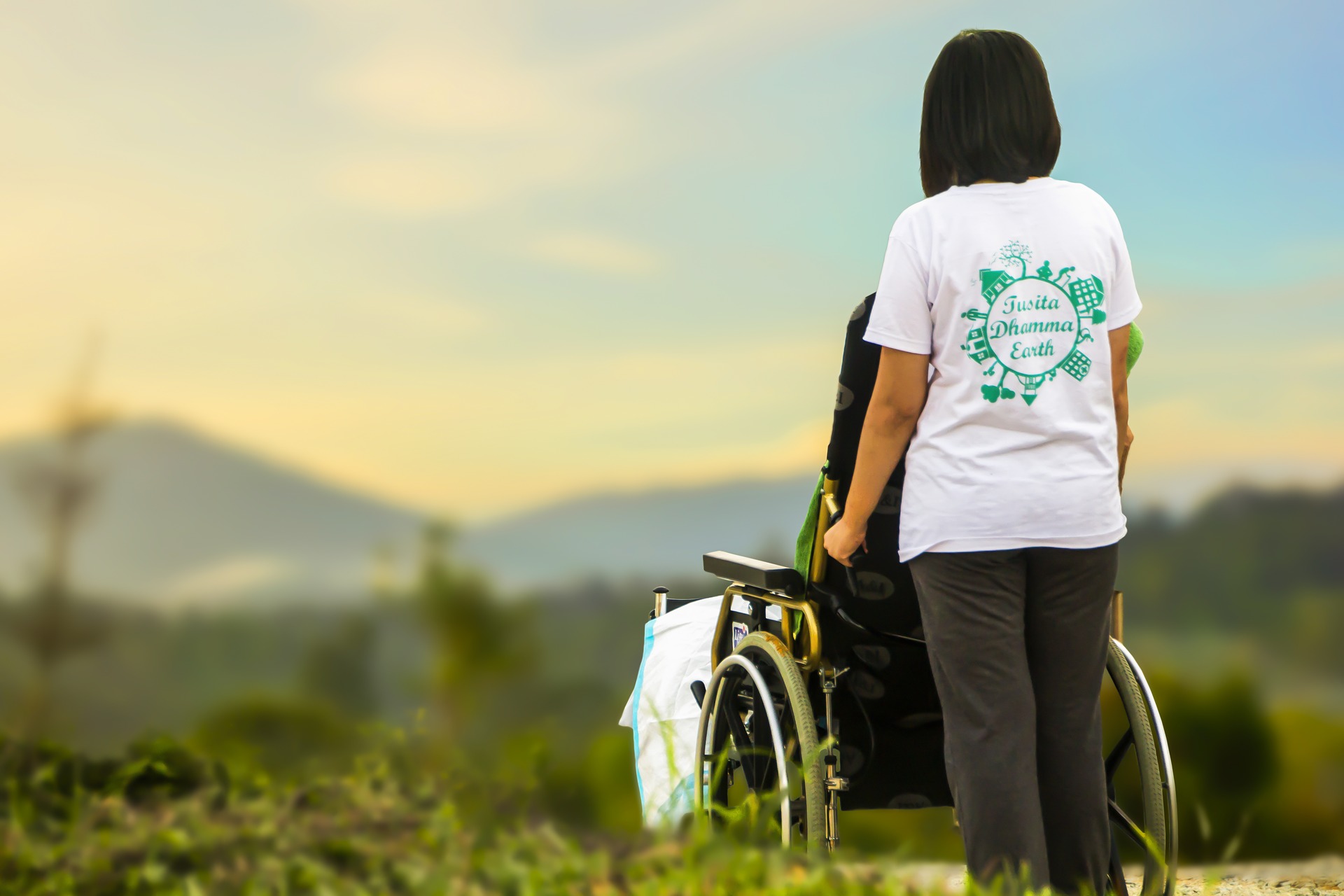What are the Common Concerns for Those Caring for an Elderly Relative?
The UK population is ageing. According to the Office of National Statistics, the number of people aged 75 and over has risen by 89% since 1974. Health services are under a huge amount of strain and many families are now the primary carer for their loved ones. If you are caring for an elderly relative, here are some of the issues and decisions you may be facing.
The Financial Implications
Caring for elderly relatives has several implications, but the main one for many families is the financial challenge. If you have to give up a job to provide care for an elderly person with complex needs, it can place a huge strain on the family and the purse strings.
An estimated 12% of adults are carers for an older person, which is saving the NHS approximately £6 billion each year. Unfortunately, government cost-cutting exercises have slashed the social care budget to the bone, so there are fewer resources than ever available to carers.
Nevertheless, it is important that you find out whether you are entitled to any benefits. For those caring for elderly parents at home, benefits are potentially available based on your situation. You can apply to your local authority for funding support for you and the person you care for.
A Needs Assessment
It is very important that you have your needs, and those of your elderly parent, assessed. This is vital as it is the only way you can secure extra support from the local authority.
A needs assessment will look at how much care your elderly relative needs and whether you are in a position to provide suitable care. You may be given equipment or offered advice about home adaptations, but the onus is on you to request a needs assessment. Contact your local authority’s adult social services department for more information.
Choosing the Right Care Route
Many older people want to continue living in their own homes for as long as possible. This is possible as long as the person receives regular visits from you and/or carers, and with the appropriate care and support team, even possible if the person is suffering from dementia or serious physical disabilities.
If there are any issues, a needs assessment will help you and your elderly relative receive the right level of appropriate care. Home care for the elderly in their own home works well for many families, or you may decide to move your ageing parent into your home. The important thing is to make a decision that is best for your loved one and that can work well for you and the family.
Juggling Responsibilities
The sandwich generation has to juggle the demands of caring for elderly relatives and young children at the same time. This is the reality for many family carers with older parents, with the majority of them being women.
As much as you would like to shoulder the burden alone, it is essential that you seek appropriate help. The responsibility of caring for parents in their later years can eventually lead to resentment and breakdown – Elderly Parent Responsibility Stress Syndrome is a recognised condition. If you are struggling to juggle a full-time job, kids, and a demanding elderly relative, you may want to look into options for respite care may be of interest.

